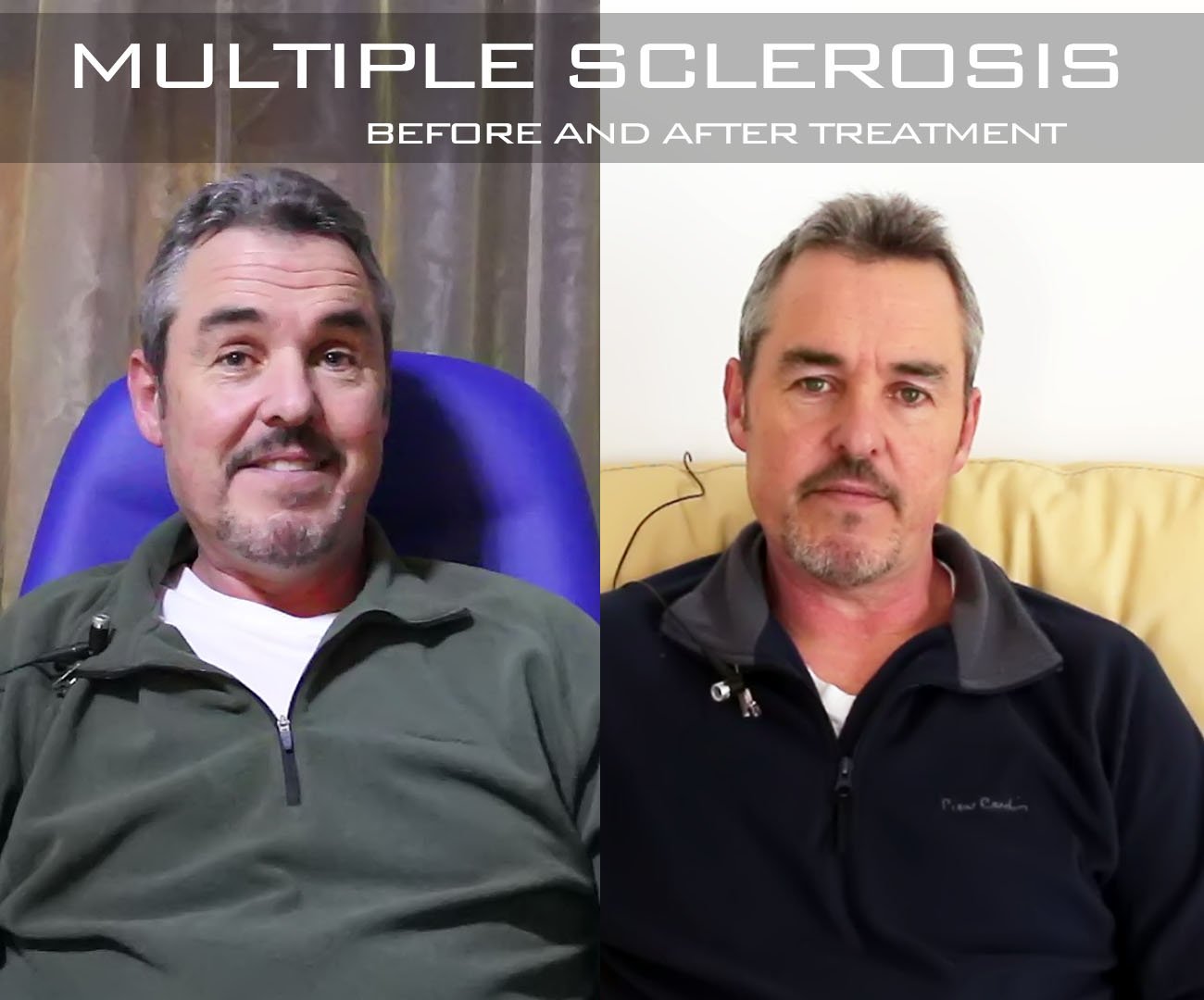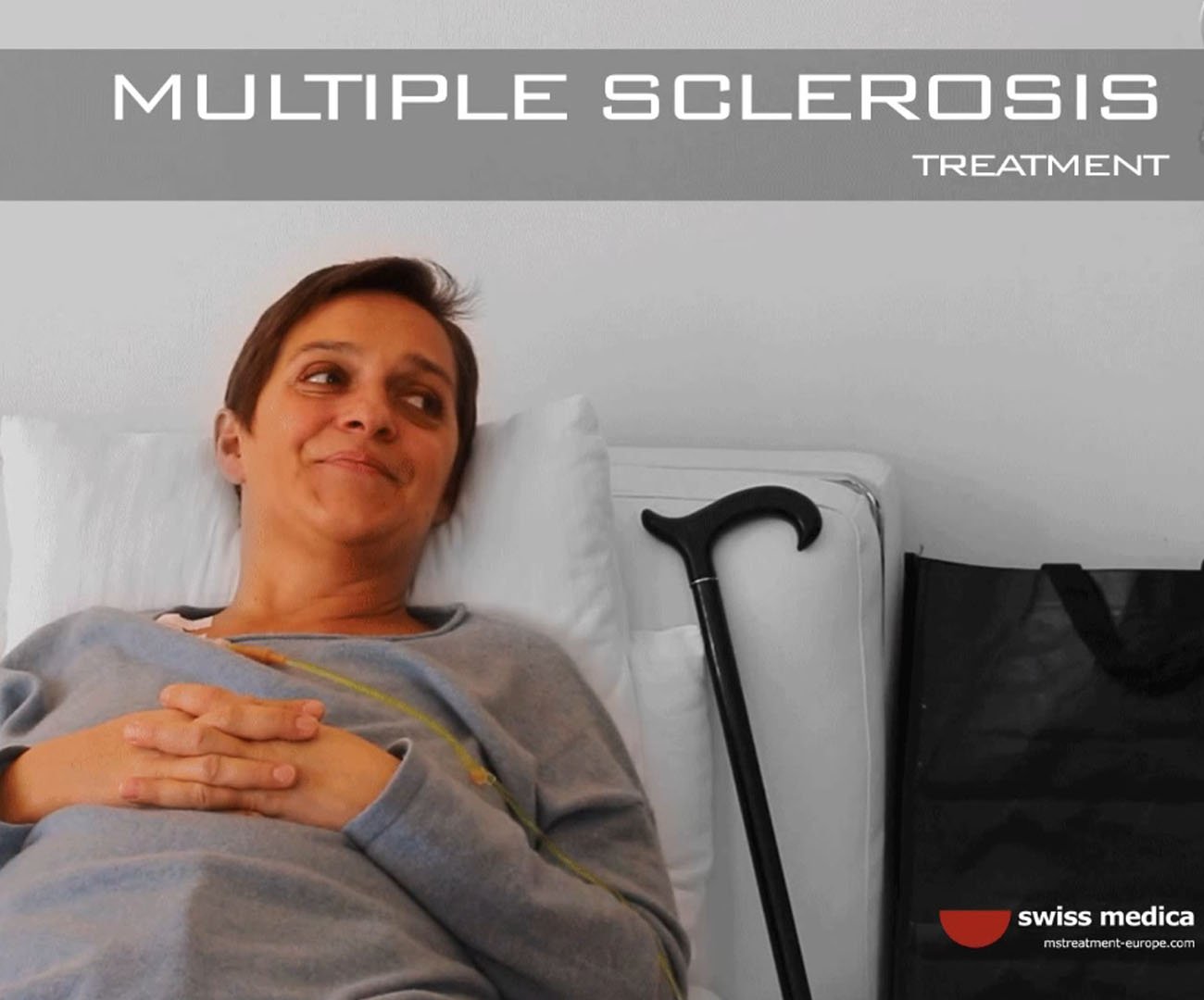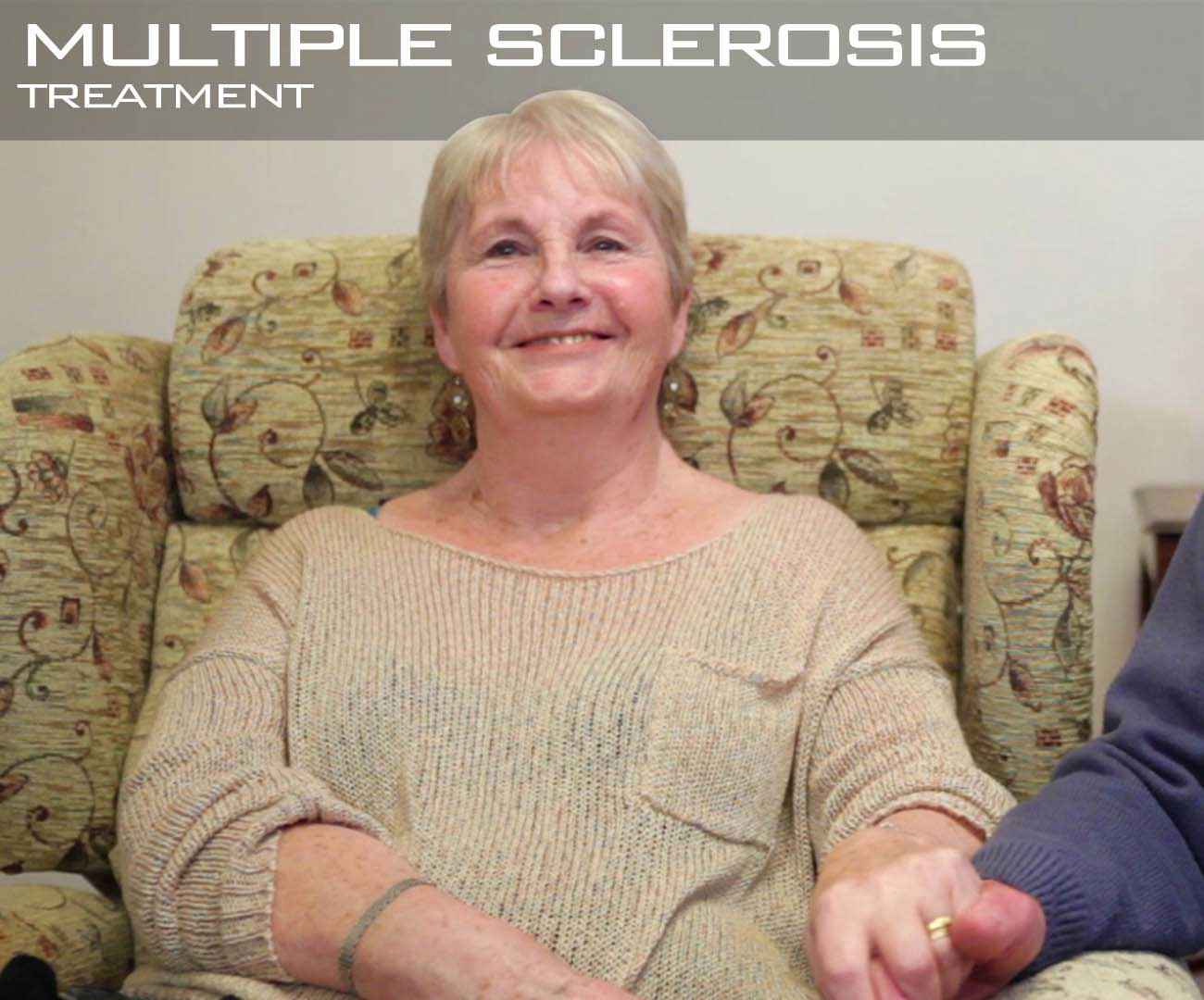
People diagnosed with multiple sclerosis usually have lower confidence that is caused by their visible (and sometimes invisible) symptoms. Also, weakness and fatigue makes it harder for them to participate in what they think is important. Assistant professor Matthew Plow from Case Western Reserve University's Frances Payne Bolton School of Nursing, alongside his team, worked on finding out how this situation can be improved.
The first step was finding out what are the exact factors that are stopping a diseased person from undertaking the activities that would potentially make him or her happier. The research was done on 335 people (average age of 53, living with multiple sclerosis for 15 years) and they were asked to name 20 of their favorite activities they think they would enjoy. 60% of these people replied with answers that included mobility aid.
The most important activity on this list is getting out and about, the second one is spending time with the loved ones, followed by managing bills, being a part of some club and civil or political events. This knowledge makes it easier for professionals to help improve quality of life for those with multiple sclerosis, by promoting engagement in those activities.
The research also showed that there are 3 main reasons why patients don’t participate in activities they want to: lack of confidence, physical and mental impairments, as well as the environmental factors.
Not being confident enough can also cause the next line of symptoms such as depression, and make a person lose interest in exercise and not eat healthy which can later transform into obesity or diabetes.
Matthew Prow is currently testing an intervention that he believes will help people with multiple sclerosis gain a lot more confidence, by learning new skills which would help them participate in the activities they want.
Testimonials
What they say about us

Shaun Lawrence battled multiple sclerosis for many years before deciding to come to Swiss Medica clinic. Limp on his right leg, urinary and bowel problems were some of the main issues he suffered from. After having a stem cell treatment his life changed completely. He is very satisfied with the experience, as well as the overall results of the treatment.
continue
For me, since I got back after my 2 weeks of having my treatment, within 2 days of being home speaking to friends and family around the world, they all noticed the difference in my speaking, cognitively and I was able to listen and integrate with conversations with my family at home.
A wonderful experience, a wonderful care are these very caring people, yes.
continue
Everything is done naturally and pleasantly here. Actually I do not feel sick, it is the most important thing – during these 12 days I haven’t felt sick.
I didn’t have the impression that I was treated like a patient. I was treated like a normal person, it is true I take medicines, receive infusions and still have some pain, but I never felt like I was in the hospital.
continue
Linda Cole struggled with multiple sclerosis for over 30 years. She decided to give stem cell treatment a try, even though she didn’t expect much from it. She was pleasantly surprised, as her symptoms improved and reversed drastically. Her ability to move, walk and think much better than before assured her she made the right decision by coming to Swiss Medica.
continueAll form fields are required.